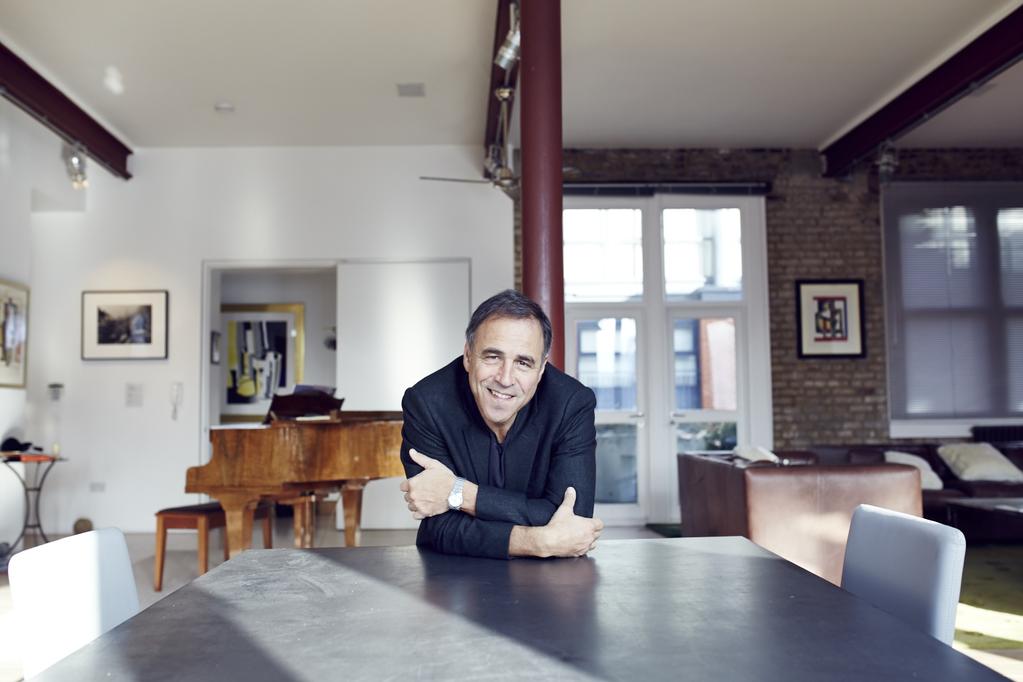Sir Arthur Conan Doyle did it. Ian Fleming did it. JK Rowling did it. And now I’ve done it. After ten years, 12 million copies sold and one film, I’m saying goodbye to Alex Rider, teenage spy, the most successful character I ever created.
Authors have a strange and often unhappy relationship with their long-running creations.
Doyle thought Sherlock Holmes – more of him later – got in the way of his more serious writing, particularly his historical novels, and pushed him off the Reichenbach Falls in the Swiss Alps without a second thought.
Fleming once described his master spy as ‘terribly silly’ and, after seven books, wrote that he was ‘… stuck with James Bond… the keys creak as I type and I fear the zest may have gone’.
Hergé, the creator of Tintin, drew himself sweating over his desk while his character stood behind him with a whip.
I had none of these feelings. I’ve loved every syllable of the Alex Rider novels and still remember fondly the moment, in 1999, when I sat down and wrote the first line of the first one – Stormbreaker.
‘When the doorbell rings at three o’clock in the morning, it’s never good news.’ Until that time, my career as a children’s author had seemed to be flatlining. My sales were respectable but never exciting. All in all, writing books for teenagers brought more frustration than rewards.
I was actually much more successful on television, writing for shows such as Midsomer Murders and Poirot. And yet I always felt there was something special about these books. A successful children’s book stays with you for life – and that’s a huge part of the pleasure of writing it.
Many young adults have told me how the books played a part in their lives. Nobody has ever said the same about Poirot.
Alex had been in the back of my head for years, ever since I had seen a rather geriatric Roger Moore wheezing his way through the best-forgotten Octopussy (he was 56) and it struck me that really, all in all, Bond would be better played by a teenager. My timing was spot on.
The first book sold 25,000 copies, a figure that kept on doubling as the series progressed.
My first TV job – I wrote five episodes for Jason Connery, who took over the role of Robin.
But I had built in a destruct button from the start. I made it clear that I would stop writing the books when Alex turned 15.
I did this for two reasons. The first was just logical. At 14, Alex looked like a child, and that was why he was useful to MI6 – nobody would possibly suspect that he was a spy. But would the same be true at 15 or 16?
Nor did I want to lose the innocence of the character. Alex might have a girlfriend called Sabina Pleasure, but I preferred to keep the relationship on Facebook rather than letting it develop, so to speak, in the flesh.
More importantly though, I was painfully aware long-running series have a way of going off the boil.
There was one book I was determined not to write. It was the one that children rushed out and bought, took home and read but then said, ‘It wasn’t as good as the one before.’
The end of Alex is not the end for me. I think every writer should challenge themselves – that’s half the fun of writing – and for me there’s the excitement of my adult book, a new Sherlock Holmes novel, coming out in the autumn.
It came as a huge surprise when the Conan Doyle estate not only chose me to write the new novel but gave me complete editorial freedom too.
I would imagine it was my scripts for Foyle’s War, rather than Alex, that impressed them. I hesitated only briefly. On the one hand, I didn’t want to be seen to be jumping on a bandwagon.
We currently have the Robert Downey Jnr films, and Steven Moffat and Mark Gatiss’s brilliant modern update on BBC1.
But I have always loved Holmes. The book I have written goes very much to the heart of the originals, with the language, the settings and the plot all scrupulously tailored to the 19th century.
If I have brought anything from the Alex Rider novels, it’s the pace, the sheer speed of the story-telling.
The violent crime in which Holmes finds himself involved also has a decidedly modern feel. There is already film interest in the book (whose title I am not yet allowed to reveal).
Apparently, Sherlock Holmes is the most filmed character in cinema history and it would be a thrill to add to the tally. Best of all, this is a book for all those readers who are now too old for Alex Rider. It will be good to meet them again.


